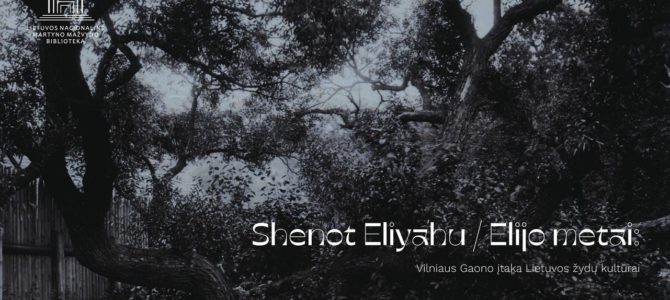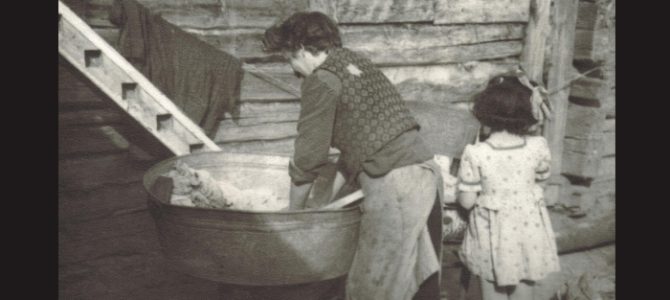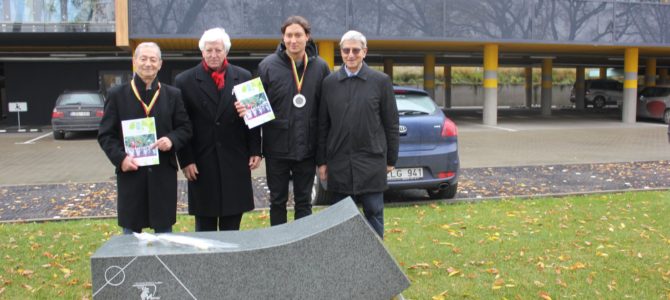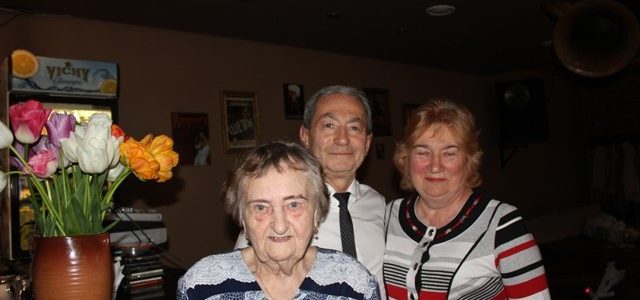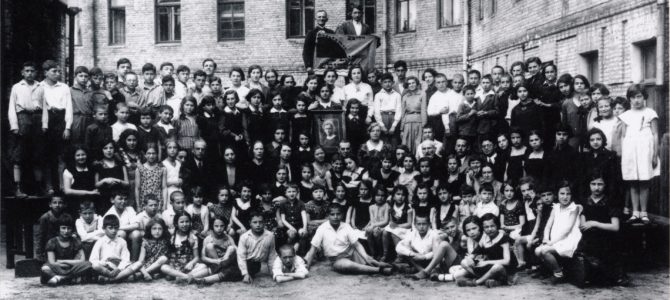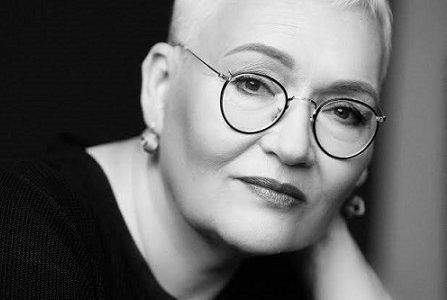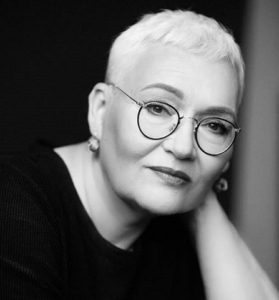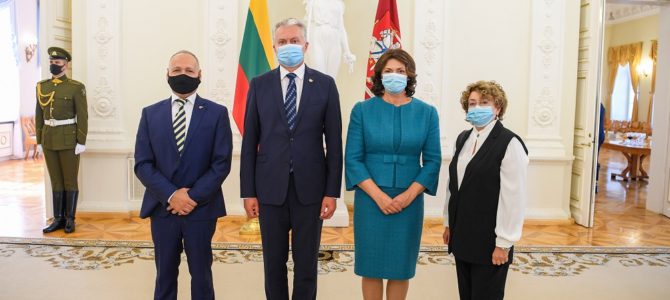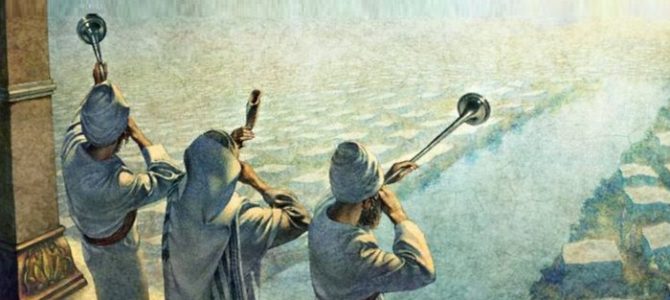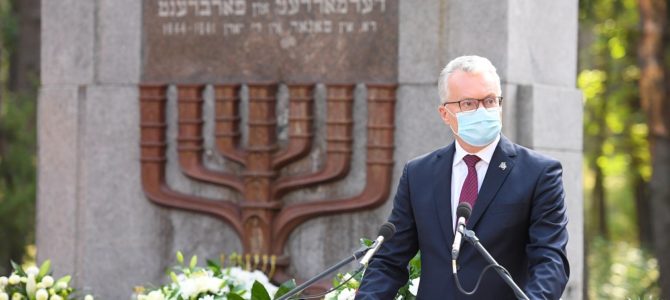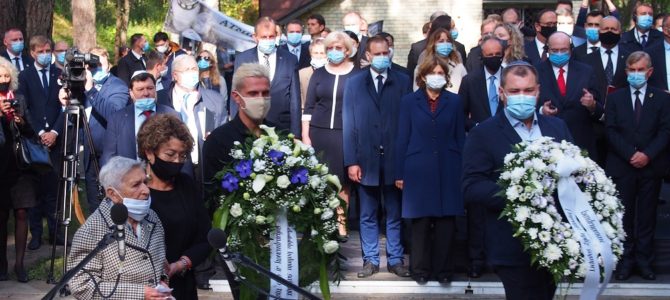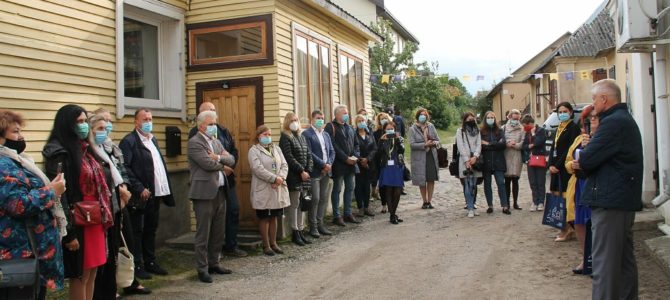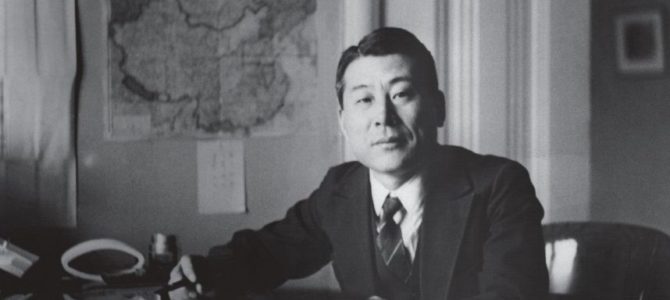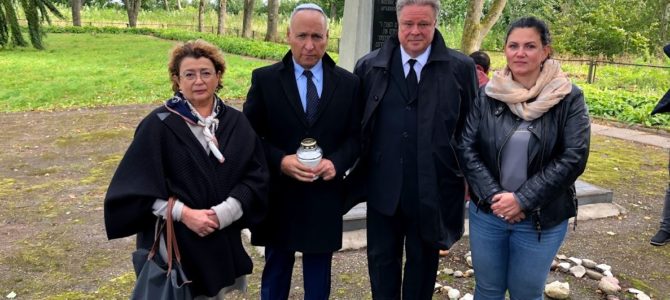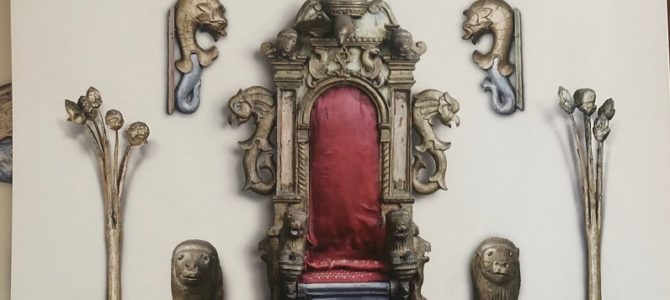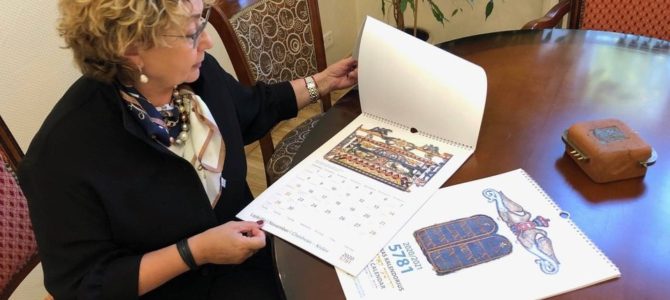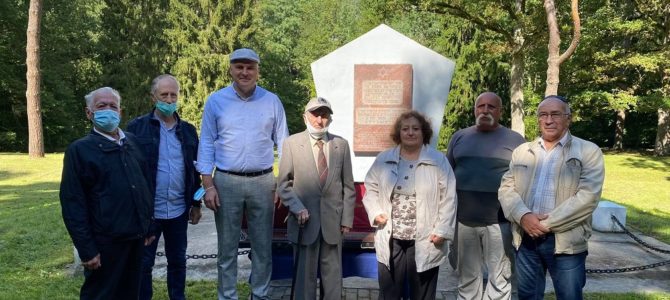The Torah itself witnesses: I am Wisdom, who found a haven in Eliyahu’s soul, and through him was revealed to the world.
This fragment of the epithet inscribed on the headstone commemorating Eliyahu ben Solomon Zalman reflects well the significance of the Vilna Gaon for Litvak and global Jewish culture. As Lithuanian marks 2020 as the Year of the Vilna Gaon and Litvak Culture, the Martynas Mažvydas National Library is contributing with an exhibit of publications and documents called “The Year of Eliyahu: The Vilna Gaon’s Influence on Litvak Culture.”
The exhibit showcases the Gaon’s biography, personality and intellectual and pedagogical activity as well as his influence over Vilnius Jews, on their mentality and culture. Documents illustrating the sage’s life and works by the Gaon and his followers will be displayed. One of the major items is the pinkos of the synagogue of the Vilna Gaon conserved by the YIVO institute in New York City. This document, a compendium of vital statistics of the Jewish community, will be exhibited using a holographic projection system. The exhibit will also showcase the abundant and diverse Judaica collection conserved at Lithuania’s National Library.
The opening ceremony will be held in the atrium on the third floor at 5:30 P.M. on Tuesday, October 20, and will include a musical performance and installation employing modern audio-visual technology to transform an ancient text into a tale, providing a hint into the Gaon’s thought-processes.
The exhibit will also feature the issue of the Bank of Lithuania’s 10-euro silver coin commemorating the 300th anniversary of the birth of the Vilna Gaon, designed by our own Victoria Sideraitė-Alon, Jūratė Juozėnienė and Albinas Šimanauskas.


